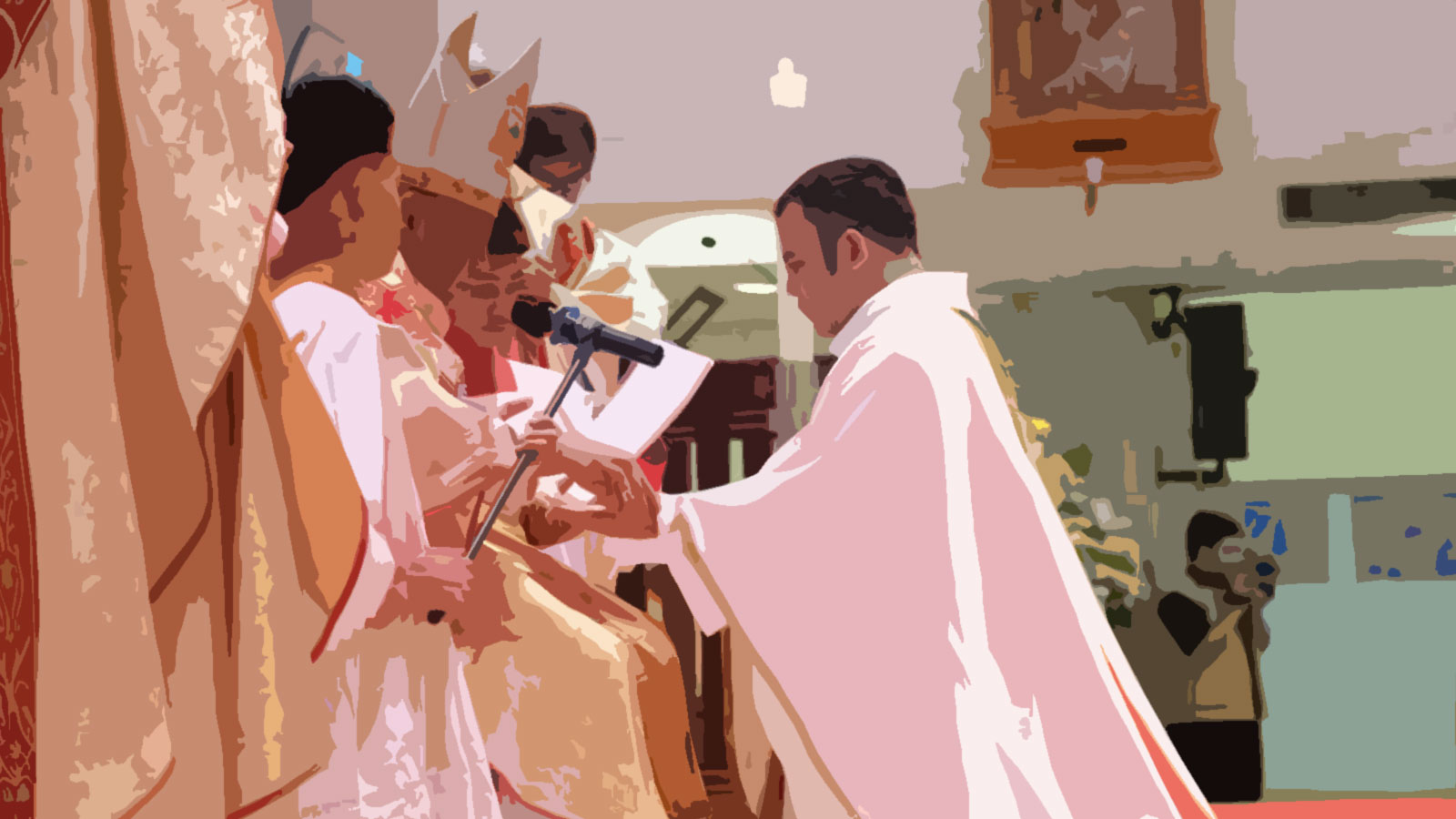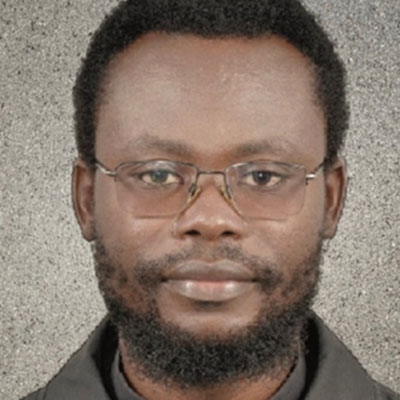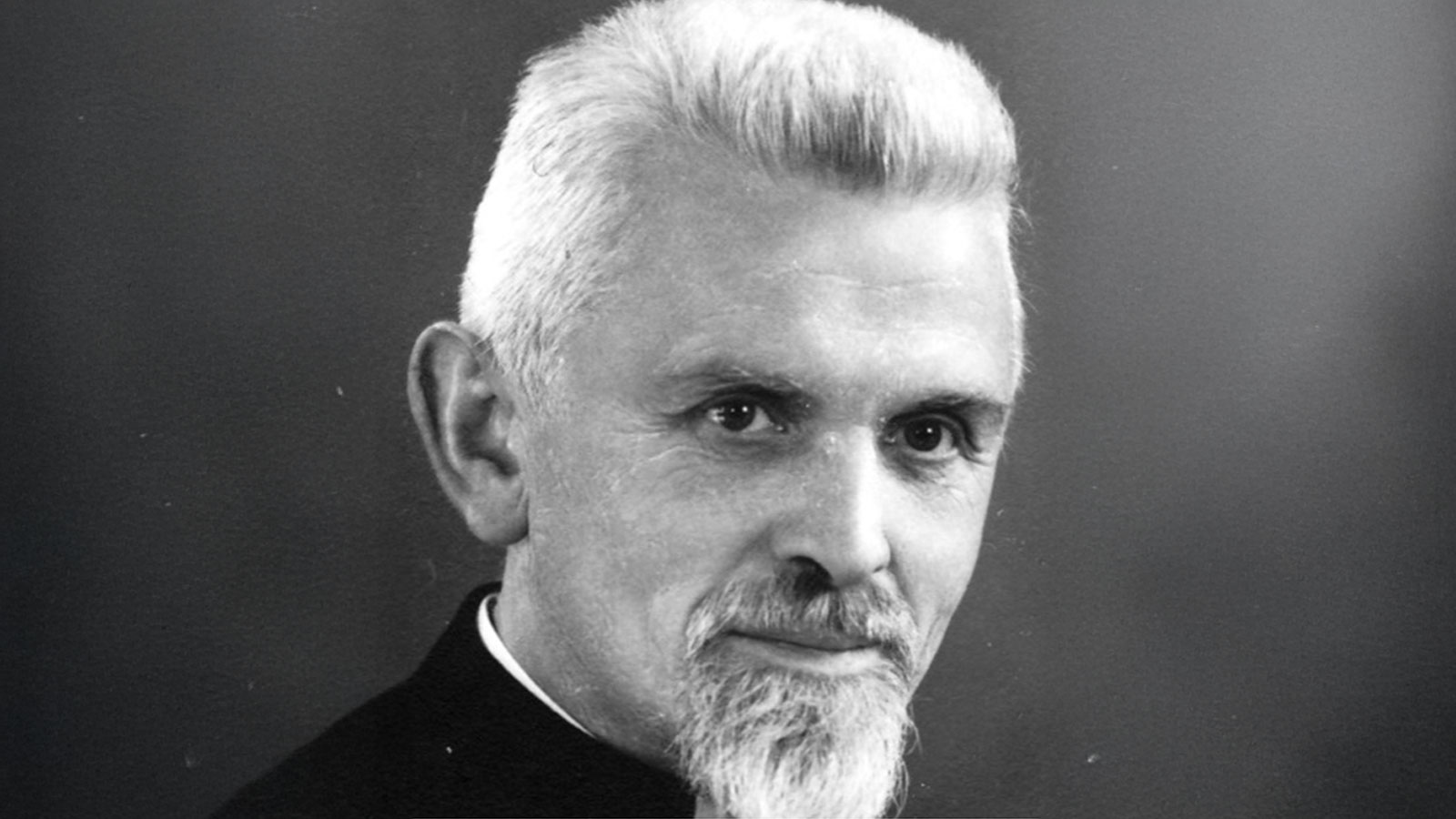 By Jessie M. Hechanova, cicm
By Jessie M. Hechanova, cicm
Introduction
In his monumental circular The Immaculate Heart Missions: A centennial (1862-1962) commemorating the centenary of the CICM, Superior General Omer Degrijse sees the Philippine missions as integral to the one hundred years of the CICM. He further generously notes that in the Philippines “the crowning achievement in the field of school apostolate is Saint Louis University in Baguio.” Thus, in the history of the CICM missions in the Philippines, Saint Louis University (SLU) is truly one important contribution of the CICM to the growth of the people of Cordilleras in the area of providing quality education and Christian human formation.
Historical significance
The pioneer CICM missionaries in the Philippines started and complemented their work of evangelization through education. Their main mission strategy, upon their arrival in the Mountain regions of the Cordilleras in Northern Philippines in 1907, was to build churches and open schools in the indigenous communities they engaged themselves in. Their guiding principle was “a mission to transform.” Meaning to say, the CICM presence was essentially a transformative one. Changing the society’s values according to the Gospel principles was the CICM way, which was accomplished more systematically through education.
Called to conversion, the CICM missionaries constantly applied themselves to the process of improving their lifestyles relative to the needs of their communities, thus making themselves effective witnesses to the Gospel. School apostolate was one invaluable missionary milieu of integral transformation that CICM missionaries long recognized. SLU as a CICM institution maintains that missionary legacy.
The legacy of SLU as a CICM school can be best appreciated when measured against the backdrop of a remarkable century of missionary service to the people of the Mountain regions in Northern Philippines. That is, for the past one hundred years it has played a vital role in the socio- cultural development and Christian formation of the people of the Cordilleras.
Originally founded as a small mission school in 1911 by the humble pastor of Baguio, Fr Séraphin Devesse, and eventually established as a college by Bishop William Brasseur and Raphael Desmedt in 1952, and thereafter expanded and elevated into a university beginning in 1963 with competent CICM rectors and presidents – SLU since then has evolved into an important center of education in the Philippines today.
SLU today
In carrying out the mission to transform society through education as shown by the early CICM missionaries, SLU today continues to revitalize its missionary calling by expanding its institutional reach through academic programs of international standards.
SLU is the premier higher education institution of the CICM in the Philippines. It is the largest university north of the Philippines’ capital and one of the largest in the country. SLU has an average student population of 27,000 in the tertiary level spread among its four main campuses, which are well situated in its present 12- hectare total land area. SLU has a proven record of academic excellence with school programs getting the highest level of accreditation in the country. Benchmarked against the international standard of research and teaching quality, SLU is recently ranked among the top 200 Asian universities by the QS (Quacquarelli Symonds) World University Rankings.
The multicultural and international character of SLU as a CICM institution of higher learning, for which it has consistently received positive rankings, is essentially in keeping with the CICM orientation of mission at extra. Education achieved along the lines of mission ad extra redefines the way society understands and does education today. That is, the mission of education ad extra as envisioned and implemented by CICM schools like SLU can provide a new paradigm for making education finally work for the common good.
The attainment of the common good is in principle a task ad extra. It involves, first and foremost, a general grasp of what it means to live in mutual respect for one another. It also means the willingness to transcend one’s own interests and thus to be solicitous of the other’s welfare. Mission ad extra is a social orientation to reach out to the other who is in need. That is Catholicity at work ! In an educational perspective ,it implies designing other pedagogical tools, which are universal and inclusive enough to make learning meaningful to every student. SLU, fairly put, has been working towards that direction.
Indeed, SLU endeavors to provide an inclusive academic environment, where students coming from different cultural backgrounds, foreign countries, and diverse religious beliefs, can meaningfully interact with and learn from one another.
The university also continues to attract students and scholars from around the world. The presence of such diverse ethnic and social groups in the campus certainly makes SLU an enduring mission area for the CICM to preach the Good News!
Hence, from the present individualist, consumerist, and exclusivist paradigm of education in society, a missionary education like that offered by SLU’s can radically bring about a Gospel-inspired education in social justice, human rights, and environment preservation towards a sustainable future.
Aside from the outstanding academic training offered by SLU to the people of the Cordilleras, it has also seriously taken into account its pastoral responsibility as a missionary higher education institution. Following its CICM identity, SLU is commissioned by the CICM, by the Church, and by God to be an instrument and source of hope for the marginalized sectors of society.That is, since SLU advances an education from a Christian perspective, it is incumbent upon its teaching function to lead the way towards the building of the Kingdom of God in the midst of the poor.
Thus, dedicated to the promotion of the wellbeing of the most vulnerable members of society, SLU as a CICM university has several pastoral institutes as auxiliary offices to the office of the president. That is, faithful to the CICM time- honored mandate “to care for the abandoned children,” SLU has, among others: 1) the Sunflower Children’s Center, which gives psycho-therapeutic intervention and psychological assessment to children with special needs; 2) the SLU Sunflower Centennial Halfway Home for Boys, which provides a protective refuge for boys who are victims of abuse or neglect; and, 3) the Institute for Inclusive Education Foundation, which attends to learners with visual impairment.
SLU tomorrow
SLU - the landmark educational institution of the CICM missions in the Philippines as the “Light of the North” and tasked with a mission to transform society - will continue to be a specialized apostolate of the CICM. For it promotes the primary missionary goal of evangelization to the local students as well as to the international students of every culture through inclusive education.
That makes school apostolate a mission priority for the CICM, since evangelization and education are inextricably inseparable. That is, education from a Christian and missionary perspective implies the effective proclamation of the Gospel of Jesus Christ to an evolving society, that is, outside geographical and cultural boundaries.
Accordingly education aims at the integral growth of society into the makings of the Kingdom of God in our midst, where every human person is included and allowed to experience the fullness of life. In other words, CICM education at SLU is ultimately soteriological in that it is concerned with the attainment of salvation through the unity of evangelization and education.
Conclusion
True to the CICM calling of conversion, SLU today must take to heart its own institutional life of conversion as a necessary condition of transformation. Transformation at all fronts is by and large a function of conversion, of that change of heart, that purifies the old habits of self-righteousness and indifference to new things.
In short, at the core of SLU’s transformation is a spirit of renewal that animates it to transform itself and the society it is called to serve. To reiterate: Before SLU can ever dream of transforming the society around it, it has the concurrent task to transform itself so that it can become indeed an instrument of transformation for others.
Beyond statistics, a century of SLU’s sustained missionary presence necessarily bears witness to the significant impact it has made on the improvement of the people of the Cordilleras.
It has given them a different way of life that is inspired by the life and message of Jesus Christ. It has taught them compassion and service to society. Finally, it has molded the youth who are entrusted to its care for a holistic human formation according to the values of the Gospel.
The CICM was founded 150 years ago primarily to preach the good news, to establish Christian communities and to take care of the abandoned children and the marginalized. SLU today as a CICM university preserves this CICM mission ad-extra by providing quality education that includes rather than excludes. Joining all other CICM pastoral entities around the world in celebrating the 150th foundation anniversary of the congregation , SLU renews its commitment to be faithful to the Lord Jesus Christ, the first missionary and teacher, who commands his disciples : “As the Father has sent me, so I send you,” (John 20: 21).








